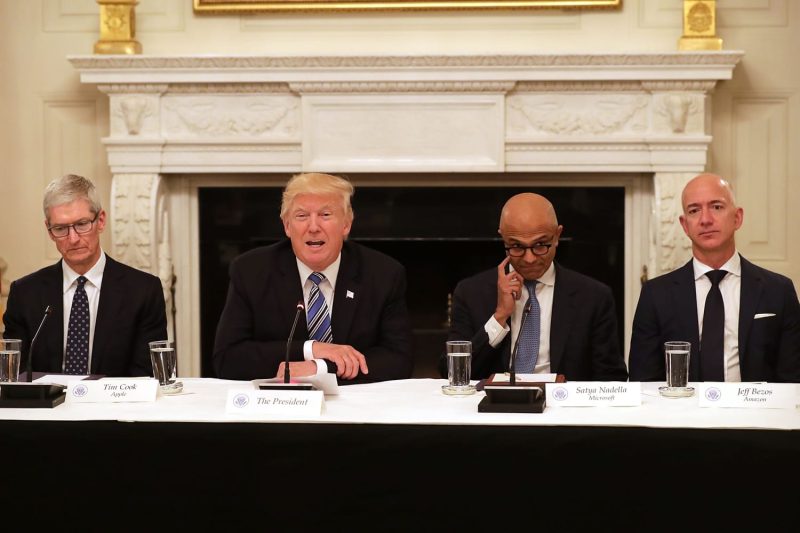As Wall Street Anticipates, Trump Presidency Unlocks Door to Deal-Making
The financial landscape is set for a shift as Wall Street gears up for a new era of deal-making under the Trump presidency. The road ahead promises to be a dynamic one, with investors and market analysts alike bracing themselves for the impact of President Donald Trump’s unorthodox approach to governance and negotiations. Indeed, Trump’s reputation as a dealmaker precedes him, and the implications of his presidency on the business world are not to be underestimated.
One of the key tenets of Trump’s platform is his vow to prioritize economic growth through deregulation and tax cuts. This pro-business stance has resonated with many on Wall Street, who see the potential for increased deal activity in a more favorable regulatory environment. With the promise of reduced red tape and a lower corporate tax rate, companies may be more inclined to pursue mergers and acquisitions as a means of expanding their market share and boosting their bottom line.
Furthermore, Trump’s business background and experience in the real estate industry have instilled confidence in investors that he possesses the negotiating skills necessary to facilitate complex deals. His willingness to engage directly with business leaders and the financial community bodes well for the prospect of fruitful negotiations and swift decision-making on economic matters.
Another factor to consider is the potential impact of Trump’s protectionist policies on deal-making. The president has made clear his intention to prioritize American interests in trade negotiations, which could lead to a more insular economic climate. While this may pose challenges for companies with global operations, it could also create opportunities for domestic deal-making as businesses seek to navigate the shifting sands of international trade relations.
In addition, the uncertainty surrounding the geopolitical landscape under the Trump administration adds an element of complexity to deal-making. Heightened tensions with key trading partners and the specter of trade wars loom large, raising questions about the stability of global markets and the feasibility of cross-border transactions. Amidst this backdrop, Wall Street will be closely monitoring developments and adjusting their strategies accordingly.
Overall, the prevailing sentiment on Wall Street is one of cautious optimism tempered by a healthy dose of skepticism. While the prospect of a Trump presidency unlocking the door to deal-making is tantalizing, it also comes with its fair share of risks and uncertainties. As market players prepare for the road ahead, they will need to remain vigilant, adaptable, and informed in order to navigate the challenges and capitalize on the opportunities that lie ahead in the evolving landscape of deal-making under the Trump administration.

